The plight of the Democratic Republic of Congo (DRC) is widely known, from militia and rebel activities to human rights violations, gender-based violence, and other atrocities. The violence has resulted in six million deaths, seven million internally displaced people, and over one million Congolese refugees since 1996 (per the Council on Foreign Relations). These overlapping conflicts have negatively affected the Congolese economy and repressed living standards.
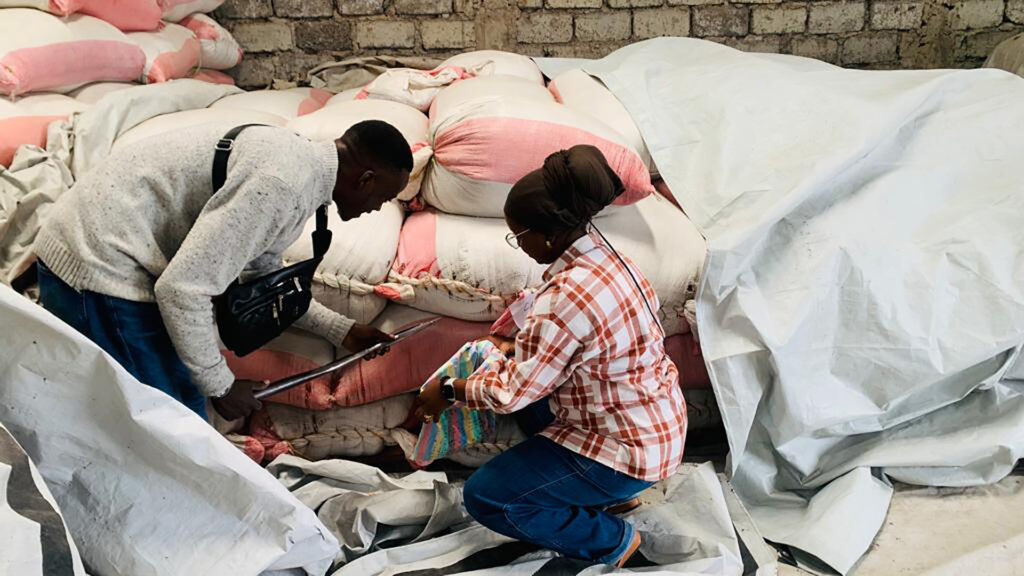
Fortunately, this is gradually changing with efforts in full gear to transform the Central African country with more than 100 million citizens back to peace and stability using coffee. Thanks to coffee stakeholders, the country is now becoming the Democratic Republic of Coffee.
Coffee Potential
DRC has an ideal coffee-growing climate and hilly terrain making it a haven for Arabica and Robusta coffee (13 and 87% respectively). In the 1980’s coffee export was the second most lucrative after copper. It was a large-scale cash crop during colonial rule but declined during dictator Mobutu’s reign. The violence then almost obliterated the crop after farmers abandoned their farms. The country was producing 120, 000 tons in 1993, but just 8,000 tons in 2016.
Can the coffee sector in DRC do better? Coffee farmers, the government, coffee companies, donors, and other players are optimistic.
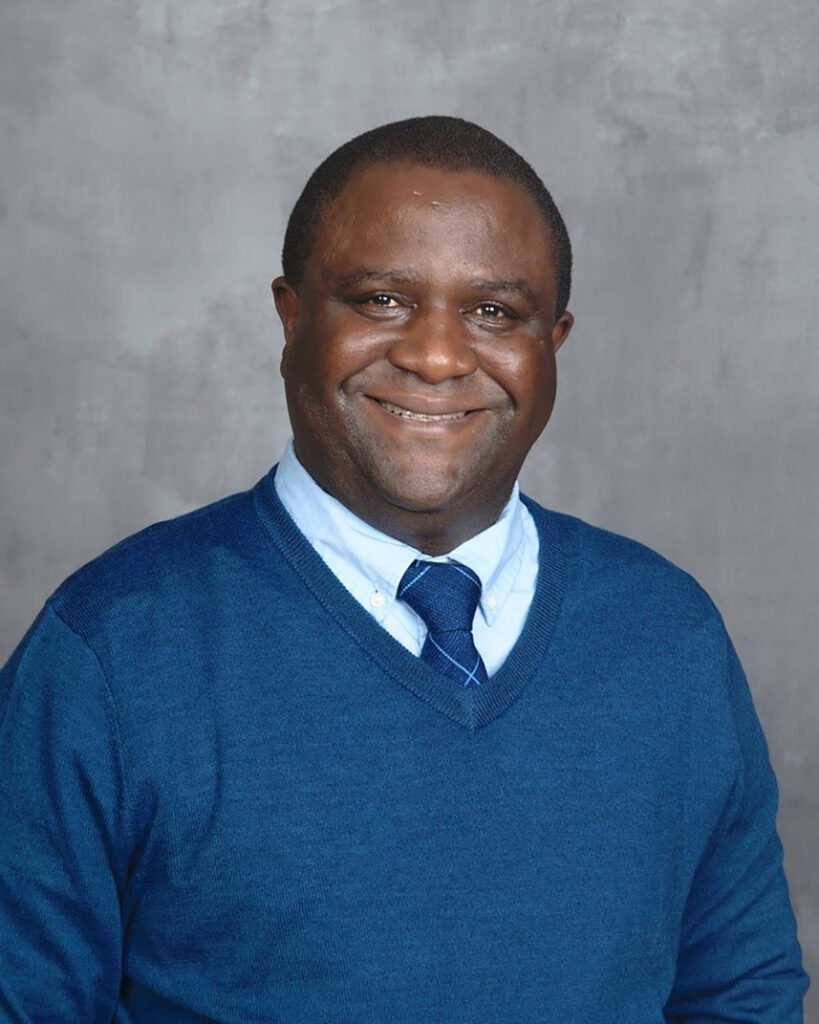
“Coffee is crucial in the process of economic recovery of the DRC. With its rich soils and favorable climate, and the renewed interest in its coffee from global consumers, the sector is experiencing a real recovery” Kambale Kisumba Kamungele tells Sprudge Media. Mr. Kambale is the Chairman of the African Fine Coffees Association (AFCA) DRC Chapter, Emeritus President of the Association des Exportateurs de Cacao (ASSECCAF), and Executive Director of Café Africa RDC.
The DRC, with its favorable eco-climatic and edaphic conditions, abundant hydrography, and diversified landscape, is home to some of the best coffees in the world. The eastern regions of the DRC, defined by the soaring Ruwenzori Mountains and the volcanic Virunga range, are renowned for exceptional Arabicas with their unique flavor profile frequently sampled as floral, fruity, and complex.
“With rich biodiversity and Coffea Canephora coffee species native, Congo Basin boasts a uniquely creamy Robusta coffee profile, especially when used in espresso blends,” says Kambale. “In the southwestern region of Mayombe, the Petit-Kwilu varietal of Robusta stands out for its unique flavor and smaller beans, not to mention the well-balanced taste, making it a sought-after [bean] by coffee connoisseurs.”
Read on to discover some of the initiatives that are transforming the DRC using the grandeur of these dark green and waxy-leaved trees with mouthwatering cherries.
Changing Lives through Café Africa RDC and Karawa Coffee Project (KCP)
Founded in 2010, Café Africa RDC is transforming the coffee sector. With its flagship Karawa Coffee Project (KCP), it is promoting the production and marketing of Robusta coffee in the Ubangi region of DRC. The project has registered and trained 2,188 coffee producers and formed them into a cooperative. In 2022, KCP realized an increase of 100 tons in harvest that was almost entirely consumed locally to the delight of local consumers, and roasters, and has contributed to the new wave of coffee in Africa.
“Tea is popular in Africa and the DRC is not an exception. But there are areas such as Ubangi, with a rich coffee tradition. In the last years, thanks to the emergence of the Specialty Movement that started in the Kivu region, domestic coffee consumption is on the rise,” observes Kambale.
Coffee Project for Former Congolese Combatants
Thousands of former rebel fighters and coffee smugglers are laying down their guns and turning to coffee. Through an initiative by the Coffee Cooperative Planters and Traders of Kivu (CPNCK), more than 2,400 former dissidents are now working on a coffee plantation on Idjwi island of Lake Kivu (now called Peace Island). The country is exporting more high-quality coffee to the US, Belgium, and France.
“[The project] helps ex-combatants to make their own money and not from kidnapping or rape,” Gilbert Makelele, the project owner, told BBC adding that “everyone in the Congolese army is there because of unemployment”.
Mighty Peace Coffee Promoting DRC Coffee in the US
Mighty Peace Coffee is a social impact initiative that connects Congolese coffee farmers to American coffee roasters. According to Jim Ngokwey, the Managing Partner, more than 100 coffee producers have been trained, purchased, and paid more than $1.5M worth of coffee since 2020. This has increased the volume of women-produced coffee in DRC, and connected more than 200 roasters in 38 states in the US through the initiative.
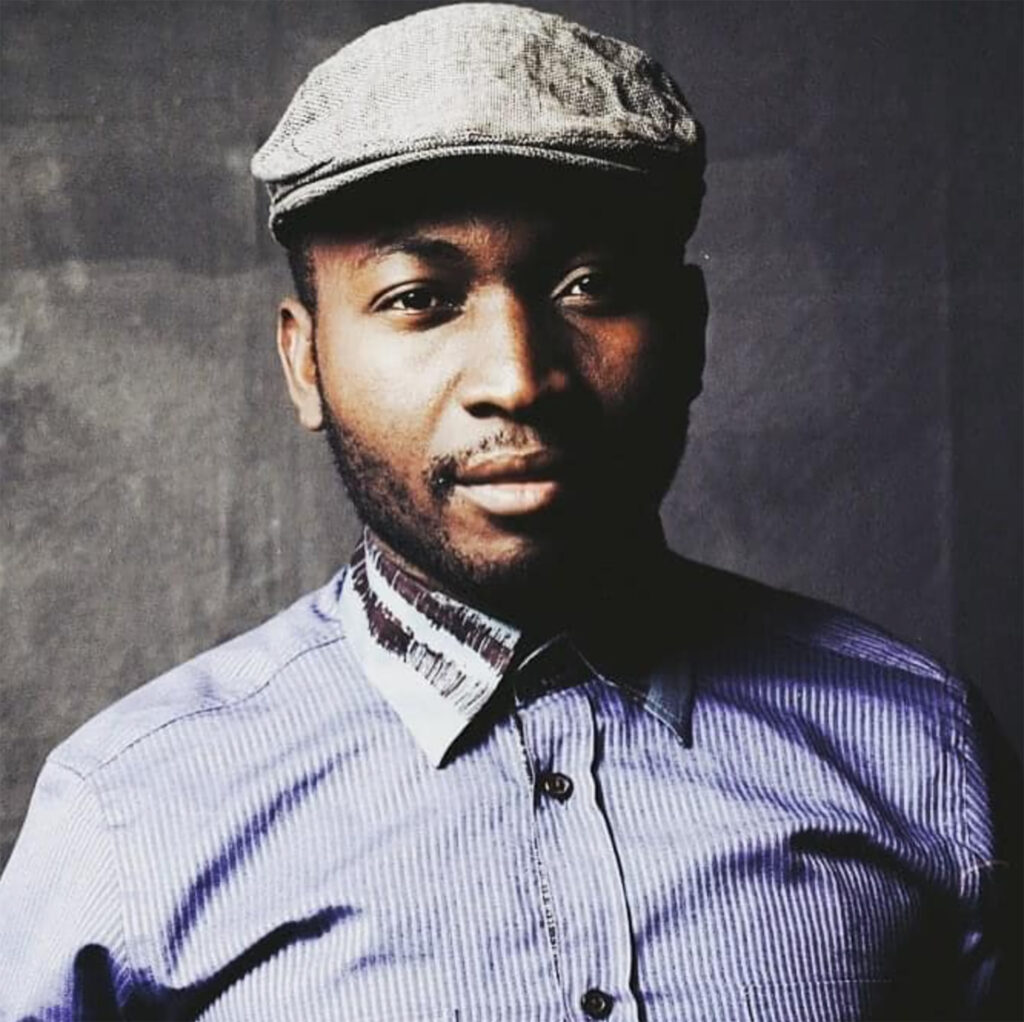
“The future looks bright!” Ngokwey tells us. “There is an increasing appetite and demand for coffees from emerging countries positioning the DRC as one of the countries the market turns to.”
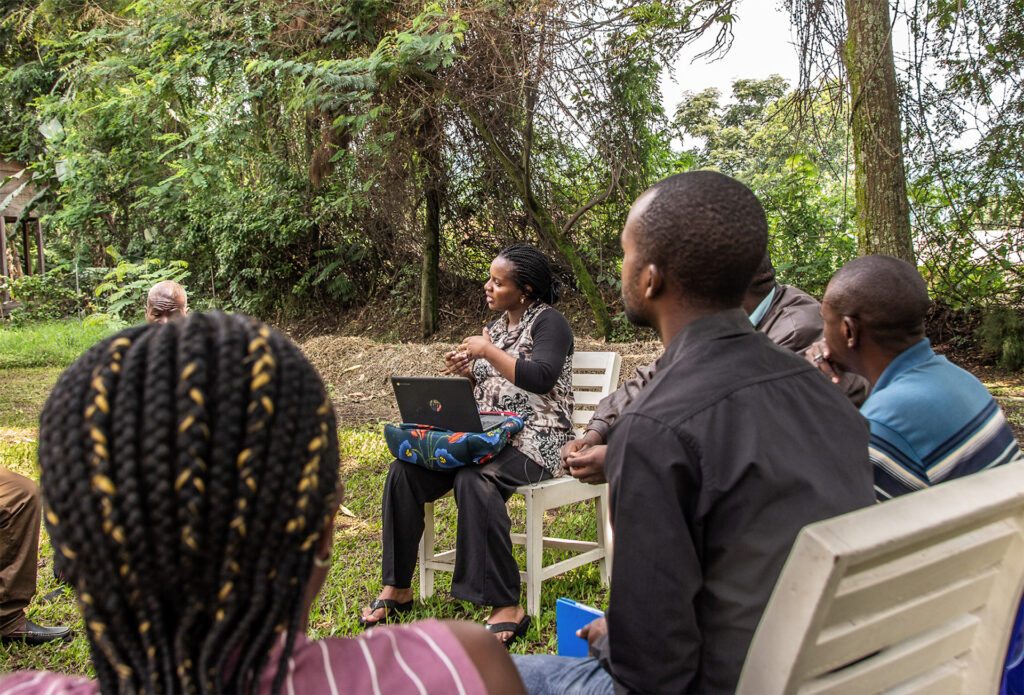
As a Congolese coffee expert, Ngokwey has made serious observations in the field and is highly optimistic about opportunities through coffee. “Coffee versatility and quality coupled with resilience of the Congolese are the main reasons why the crop is becoming an essential backer to the country’s economy,” he says. “The civil and political unrest was driven in part by a struggling economy, and agriculture, including coffee, will help to rebuild the economy and bring lasting stability.”
La Kinoise, DRC’s Home-Grown Coffee
The La Kinoise grows coffee on a 20-hectare farm on the peripheries of the city and uses ingenious mobile coffee carts targeting low-income buyers. Deviating from the norm, coffee processing is done locally, and in addition to earning a decent living, women working here receive training in coffee farming, harvesting, and processing.
Tisya Mukuna, the entrepreneur behind La Kinoise believes that a shift from over-reliance on government and politics is the key to realizing economic change. As she told Africa News, “It is the economic actors that can change Africa and Congo” by creating jobs.
According to Kambale, “Coffee has the potential to transform our society. By creating job opportunities and generating income, initiatives such as these are helping to combat unemployment. They provide livelihoods and create a ripple effect of positive change throughout the entire value chain.”
These sentiments are echoed by Ngokwey who states, “One organization or group will not solve all of the challenges, but the more there are leaders and entrepreneurs with a shared vision for the Congolese coffee industry, the faster the transformation will happen.”
Other Initiatives
Many other efforts are being made in the country. For example, fighting for coffee in the Congo is bearing fruits through initiatives such as Saveur Du Kivu. This is an annual specialty coffee cupping competition and summit for coffee representatives throughout the international supply chain. Higher Grounds Coffee also has Lake Kivu Coffee Alliance that uses re-emerging coffee sector to rehabilitate victims of landmines in DRC. Through a USAID-funded Strengthening Value Chains (SVC) program, TechnoServe and Nespresso are also transforming the coffee sector in the DRC.
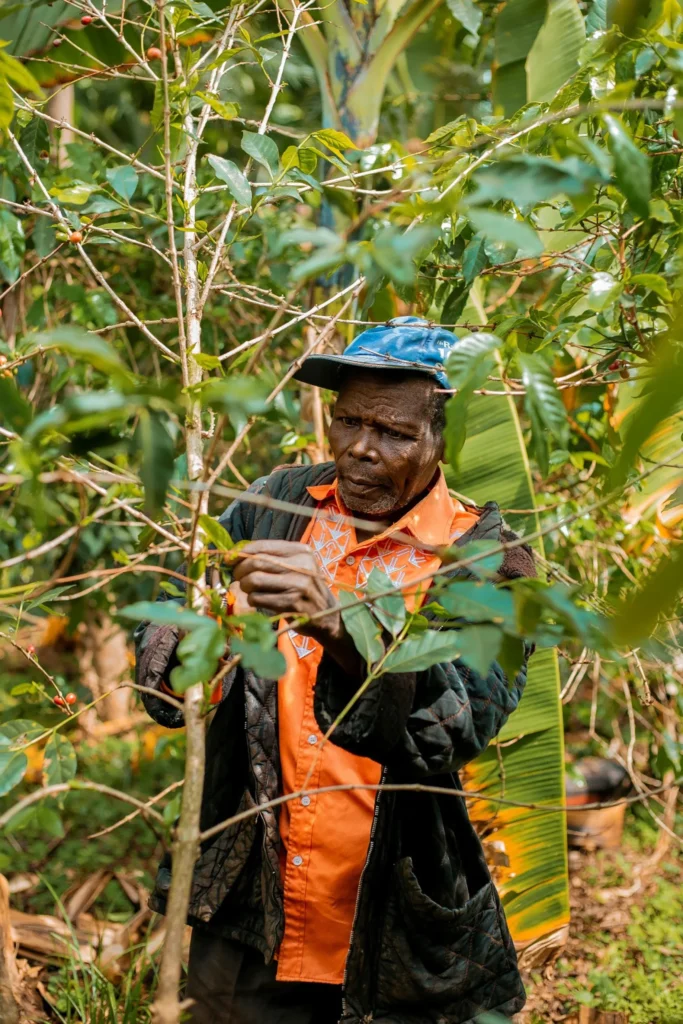
But despite obvious economic benefits, coffee in DRC is not without challenges. Coffee is smuggled across the borders in large scales. Experts believe more coffee is smuggled to Rwanda and Uganda than what is exported legally.
“It’s a challenge that stakeholders such as ourselves, producers, cooperatives, and various agencies, are working hard to tackle,” Ngokwey notes adding that “At the core of it, it’s a matter of money, taxes, and brand reputation.” He identifies measures that can curb this challenge as rapid and cost-effective access to financing for producers, simplifying and reducing the costs of the exporting process, and rebuilding DRC coffee reputation as cost-effective, reliable and sustainable to create demand.
Looking Ahead
Experts believe the DRC is on the right track to becoming the Democratic Republic of Coffee.
“The DRC has been dubbed the final frontier for specialty coffee. After years of strife, demand for Congo Coffee is surging. Newly adopted agricultural practices, the post-harvest processing of the beans, and the rediscovery of unique cupping characteristics by the global consumers are driving the demand. All these ingredients put together and the future will witness the emergence of the Democratic Republic Coffee,” Kambale says.
The DRC has the necessary resources to become one of the world’s most important coffee producers, according to Ngokwey. “We have the people, climate, soil, land, and more to get there and build that reputation and brand. We are on the right path and consistency and continuous improvements will be the key to our success over the long term.”
Daniel Muraga is an anthropologist and freelance journalist based in Nairobi.